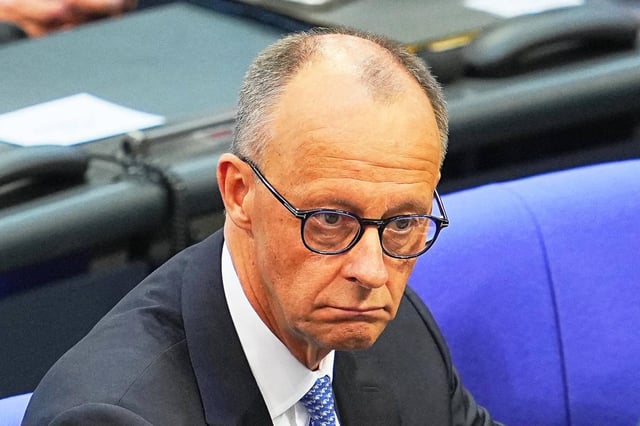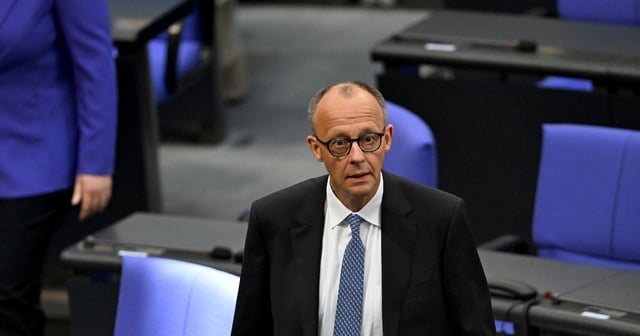Overview
- Friedrich Merz was elected Germany's 10th chancellor after securing 325 votes in a second Bundestag ballot, following his failure to achieve a majority in the first round.
- This is the first time in Germany's postwar history that a chancellor candidate required a second vote to be elected, highlighting internal dissent within the CDU/CSU and SPD coalition.
- The coalition agreement outlines priorities such as reviving Germany's recession-hit economy, countering the far-right AfD, and strengthening European defense capabilities.
- Merz's authority has been weakened by the initial ballot failure, with at least 18 coalition members withholding support, raising concerns about the government's cohesion and stability.
- The new chancellor's first diplomatic actions include visits to France and Poland, signaling a commitment to reinforcing Germany's leadership role in Europe.



